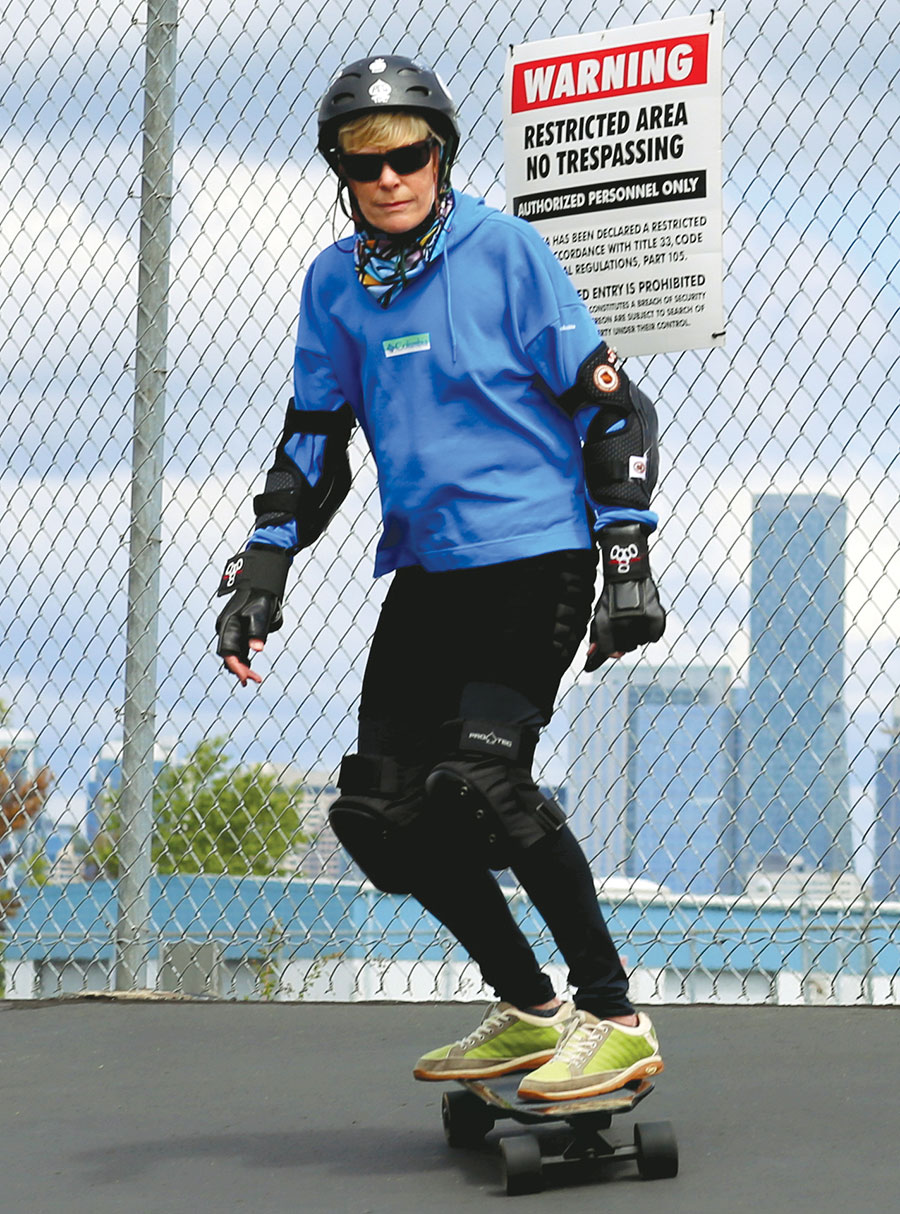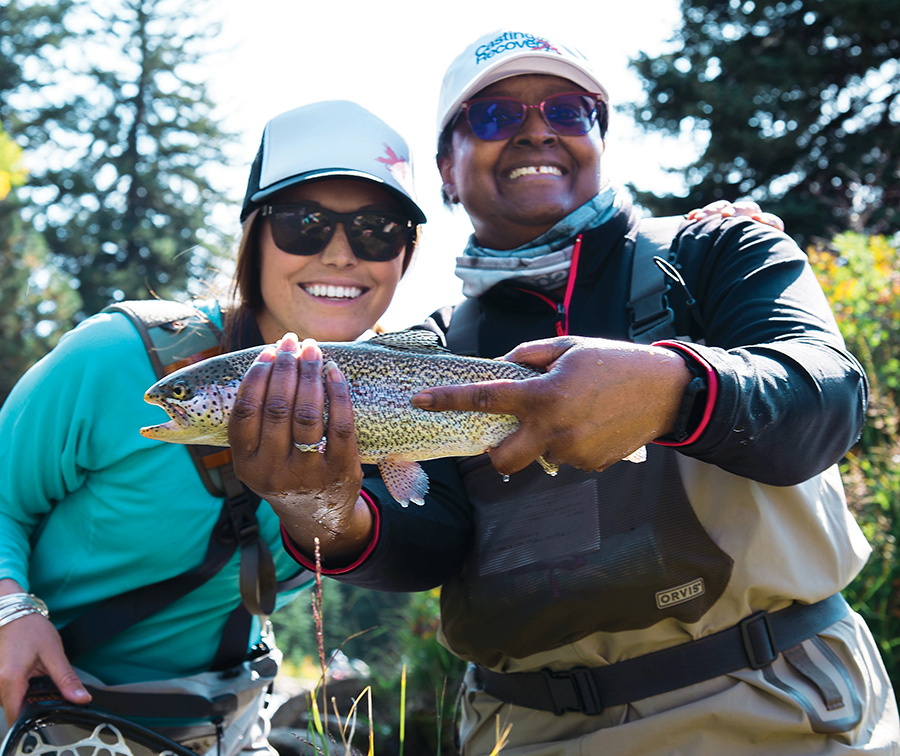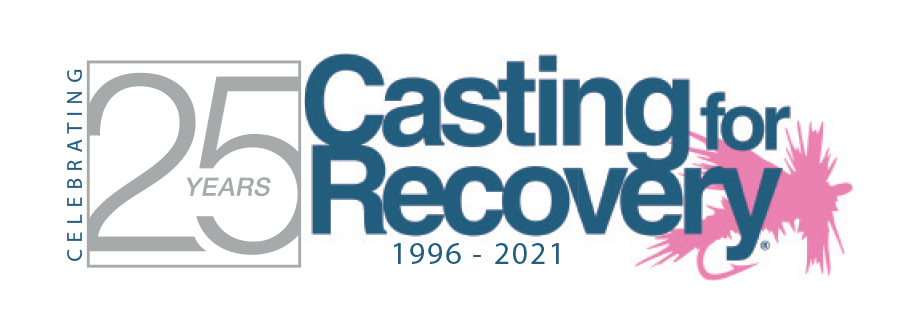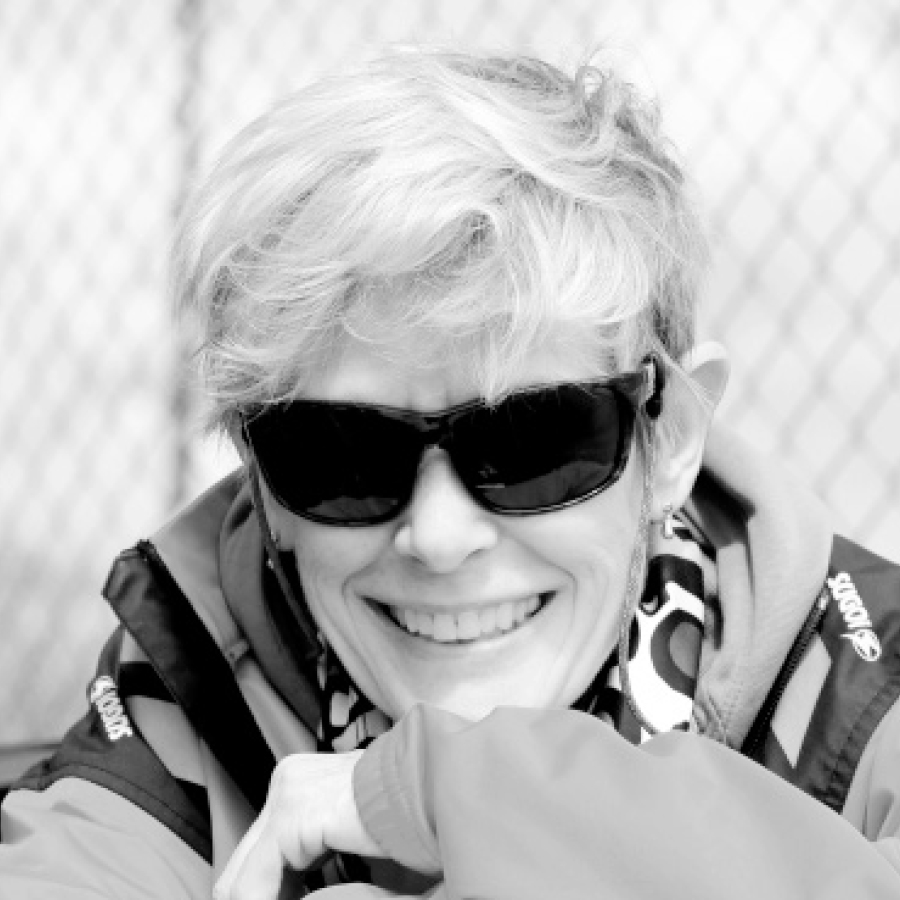“Vulnerability is not a weakness; it’s our greatest measure of courage.” – Dr. Brené Brown
n December 2000, as a busy orthopedic surgeon in the prime of both my life and my career, I was neither ready nor willing to accept a breast cancer diagnosis. Devastated by the news but fiercely determined to expeditiously get my life “back on track,” I immediately scheduled my surgery. Two weeks post-mastectomy, and against my surgeons’ strict orders, I was back at work, completely immersed in my private practice while deliberately avoiding any thought or discussion of my cancer diagnosis. I was naively relieved that my life had seemingly picked back up right where it had left off.
Although I was not aware of its importance at the time, creating the time and space for pause and reflection is a critical leadership practice that is often unrecognized and underutilized. Had I taken the time to simply be in the moment and introspectively reflect on the dramatic events that had taken place so suddenly in my life, I might have learned sooner from my experience and chosen to create a healthier and more satisfying work-life balance moving forward. As a leader, there will always be incessant distractions and demands on your time, input and expertise. Prioritizing the time to pause and reflect on what’s really important will provide clarity and purpose for what comes next.
Fast forward a couple of years: While flipping through a copy of Outside magazine, I noticed a tiny ad in the back pages mentioning something about women with breast cancer, being in the outdoors, all expenses paid, weekend retreats, Casting for Recovery. But what really caught my eye was the part about learning to fly fish. As this was a high priority bucket list item for me at that time, I quickly mailed in my application (snail mail back then!).
I have to confess I felt a slight twinge of guilt knowing my only motivation for attending the retreat was the fly fishing component, and I was adamant about not wanting to talk about breast cancer nor share my story. My sole mission was to learn how to fly fish! With that goal in mind, I showed up on a Friday afternoon at a beautiful lodge at the base of Mount Rainier, Washington. I quickly checked in, unpacked my things, met my roommate, and then promptly asked, “When do we get to fly fish!?!”

Photo: Missy Sprouse


- 70 percent of the women who attend CfR retreats have never been to a support group
- CfR relies on the support of more than 1,800 volunteers nationwide to host the retreats (including medical and psychosocial professionals, fly fishing professionals and alumnae).
- 98 percent of participants felt CfR connected them to a community
- 99 percent continued to spend increased time outdoors
- 100 percent continued to feel a healing connection with nature and/or positive feelings towards outdoor experiences post-retreat (6 months)
- 100 percent of participants would recommend the program
The ability to listen, truly listen, with an open heart and without bias, is essential to great leadership. I have learned that being fully present and in the moment, without interrupting or thinking about what I want to say next, is a powerful way to build strong relationships. Being open to new or different perspectives while providing a safe space for people to speak freely creates bonds of trust. It has been my experience that the payoffs are far greater when taking the time to listen rather than to speak.
Empathetic leadership is the ability to experience and understand the thoughts, needs, emotions and experiences of others while continuing to lead. It is an integral component of effective leadership and a skill that can lead to better communication in the workplace while enhancing relationships, morale, performance and loyalty. As a leader, I’ve learned that when opening my heart and mind to the stories of others, my life is exponentially enriched.
Looking back, I think that the act of finally acknowledging and accepting that truth was as scary and life-changing as the cancer diagnosis itself. The Casting for Recovery (CfR) retreat weekend provided a safe haven to gently guide me to understand and eventually embrace that extremely difficult leadership and life lesson. I never dreamed that allowing myself to be truly vulnerable would actually become my superpower!
By embracing and appropriately expressing my vulnerability, I am sharing my authentic self, leading with honesty and integrity, and empowering and inspiring those around me. I’ve learned that I cannot be an expert at everything, nor do I need to be. I’ve realized that it’s okay to ask for help and to lean on my team when I need to, and surprisingly, that act of vulnerability has actually served to strengthen my team. As a leader, the ability to understand my strengths and weaknesses while being transparent with that knowledge has allowed me to become more self-aware, confront any self-doubt, and form more genuine connections. Vulnerability is a powerful tool!
Leadership Lessons I’ve Learned
- Self-awareness is imperative
- Be present and mindful
- Effective communication is key
- Take time to pause and reflect
- Be open to embracing vulnerability while learning how to accept help and support from others
- Surround yourself with people who allow you to be open and push you to see the world differently
When faced with change, the ability to pivot quickly – in my case, from orthopedic surgeon to breast cancer patient – is crucial. As a leader, I encourage you to welcome the shift, even when it is unexpected and uncomfortable. Embrace the possibilities that a new perspective can provide. Being a patient made me a more compassionate and empathetic surgeon as well as a more empathetic and understanding leader with my team. I know it can do the same for you.

Shands is currently serving as chairman of the Board of Trustees of Casting for Recovery (CfR). She is passionate about all things CfR and is a strong believer in the healing power of nature and the magic that comes from the retreats. In her free time, she enjoys snowboarding, mountain biking, ocean kayaking, jazz drumming, and of course, fly fishing.
Shands is currently serving as chairman of the Board of Trustees of Casting for Recovery (CfR). She is passionate about all things CfR and is a strong believer in the healing power of nature and the magic that comes from the retreats. In her free time, she enjoys snowboarding, mountain biking, ocean kayaking, jazz drumming, and of course, fly fishing.